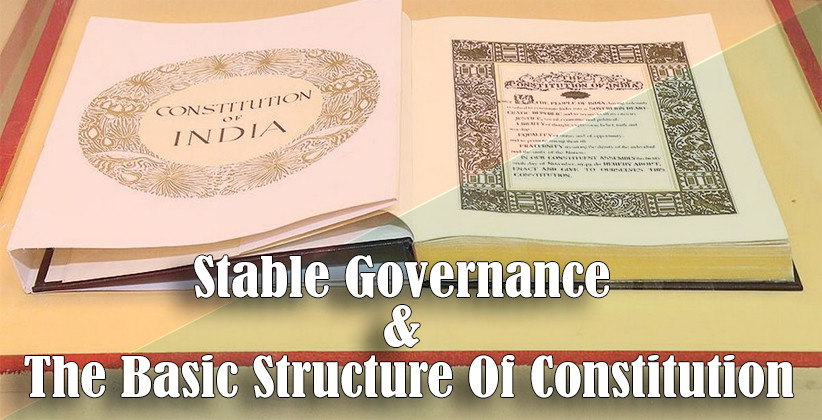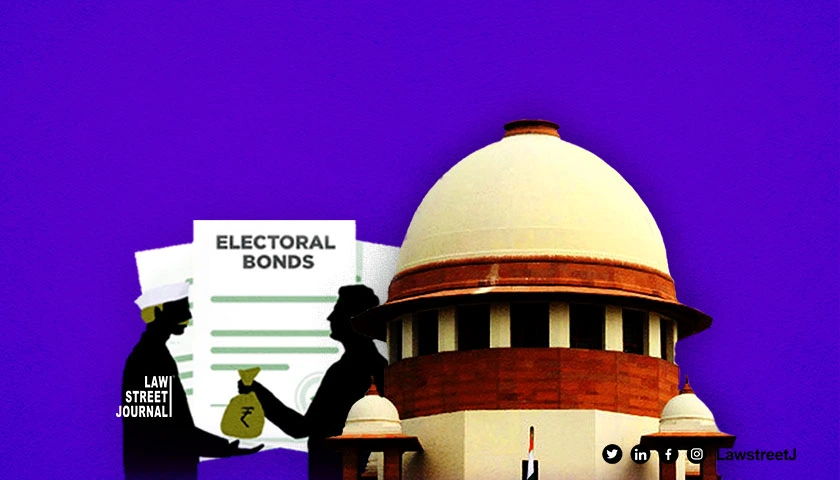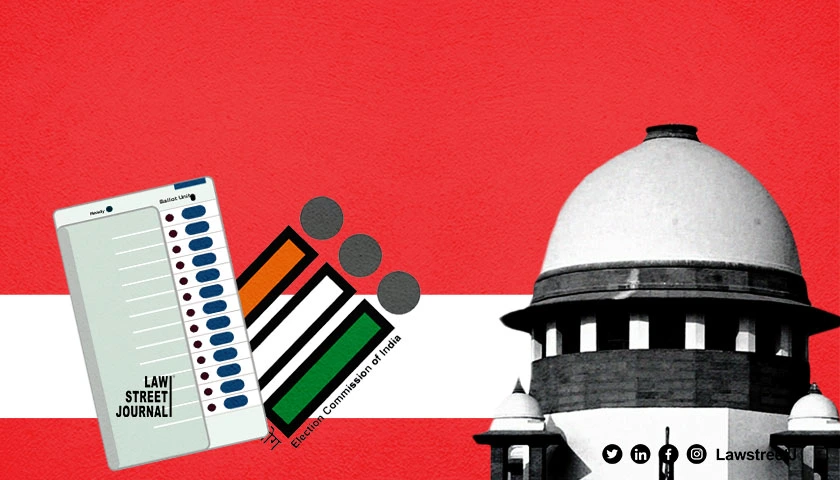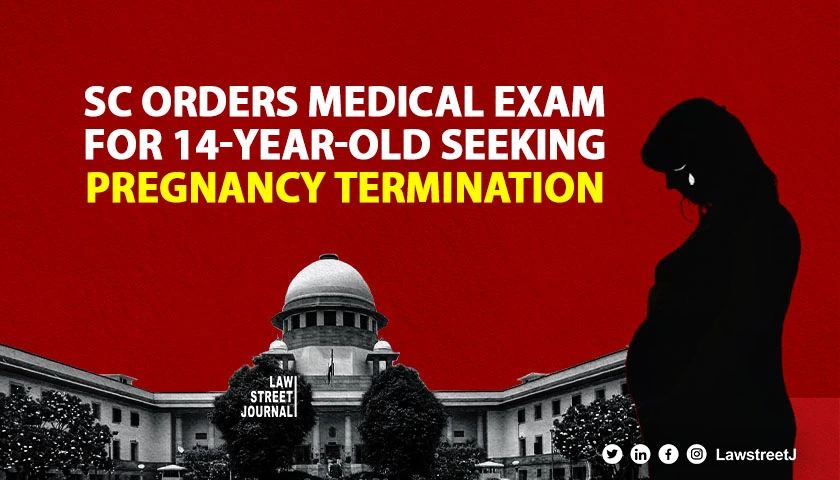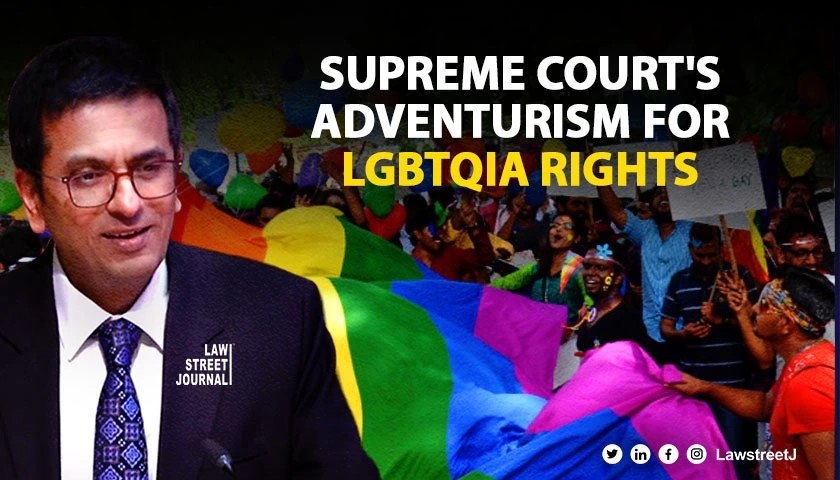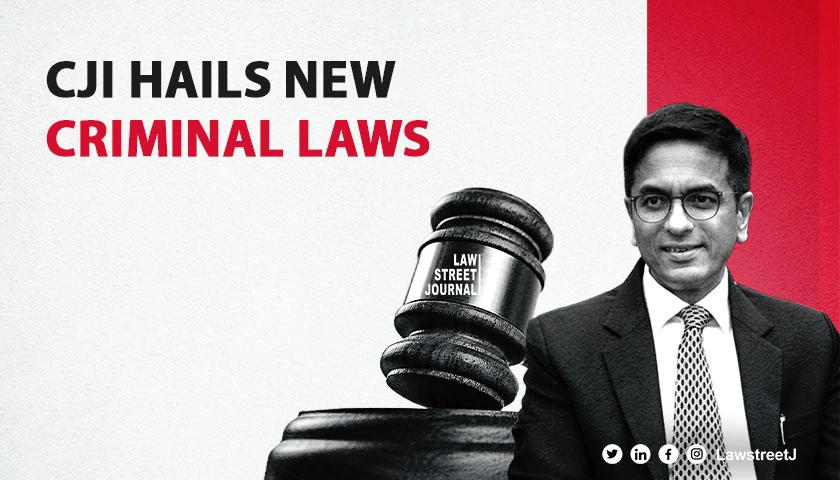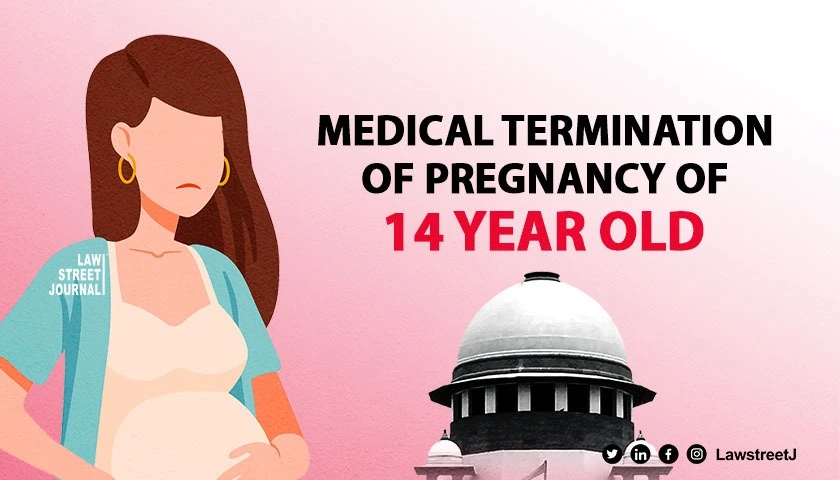Regarding the Madhya Pradesh Political Crisis it was stated by Senior Advocate Dushyant Dave in the Supreme Court that "Stable governance should be considered as a basic structure of the Constitution so that nobody tends to work against the stability of an elected government... The Governor had no business issuing missives in the middle of the night."
In the Kesavananda Bharti v State of Kerala (1973), the Supreme Court propounded the Basic Structure principle which states that the Parliament can’t by way of amendment power under Article 368 amend the essential features of the Indian Constitution. And these essential features include inter alia Supremacy of the Constitution, republican and democratic form of government and mandate to build a welfare state. Now the important question is whether Stable Governance comes under the purview of the basic structure as the same was said by Senior Advocate Dushyant Dave.
In Rameshawar Prasad and Ors. V Union of India and ors (Bihar Assembly Dissolution case, 2006), the Governor of the state made this argument that “Any move by the breakaway faction to align with any other party to cobble a majority and stake claim to form a Government would positively affect the Constitutional provisions and safeguards built therein and distort the verdict of the people as shown by the results in the recent Elections. If these attempts are allowed it would be amounting to tampering with Constitutional provisions.”
The same reason has also been cited by the National Commission to review the working of the constitution for increasing instability of the elected governments. A strong government and a degree of stability of Government are very much important for the proper functioning of the government. But in many cases since the independence it has been noticed that state assemblies are dissolved by the Governors either on the ground of Constitutional breakdown in the state or attempt to cobble a majority by illegal means in order to form government in the state.
According to the International Bureau of Education ‘governance’ has been defined to refer to structures and processes that are designed to ensure accountability, responsiveness, transparency, rule of law, stability, equity and inclusiveness, empowerment and broad-based participation. Here stable governance would mean that any elected government with a majority shall not be dissolved because the same has far reaching consequences for the people of the state.
In the recent Madhya Pradesh political scenario for instance, promotion of the welfare of people can’t be done effectively. Secondly there is nothing to ensure that the policies made by Kamal Nath government will be continued by the next Chief Minister. Thirdly, a number of new policies will be introduced by the next chief minister to implement the promises made in the manifesto. Fourthly, it will increase the financial load for the state.
Fifthly, due to this political crisis many people may not get their payments. Sixthly, transfers of the officials will be made. And lastly absence of stable governance leads to uncertainty in the state. Further stable government with a majority can serve the people better than the coalition ones as it is evident from the fact that in coalition government there will always be fight for the powerful positions among themselves and less time for the actual policy making for the people.
In the Shrimanth Balasaheb Patil v Honble Speaker Karnataka Legislative Assembly and ors. (2019), the Supreme Court stated that the people were denied their stable governments because of horse trading and other corrupt practices adopted by the disqualified MLAs. And the court also asked the Parliament to strengthen the Tenth Schedule aspects in order to prevent such undemocratic practices by the political parties. Stable governance is fundamental to the governance of the state and important feature of a democratic state.
In the case of Kihoto Hollohan v. Zachilhu (1993), it was held by the Supreme Court that democracy is part of the basic structure of the constitution and free and fair elections were also declared to be part of it. Thus stable governance shall also be made a part of the basic structure of the constitution in order to provide proper service and benefit of the resources to the people. It is like the state shall protect the life and liberty of any person including all those aspects of life which make a man’s life meaningful, complete and worth living. The same is with the argument for stable governance because without including stable government as part of the basic structure, free and fair elections are incomplete.
And regarding the misuse of powers by Governor, Senior Advocate Gautam Bhatia suggests that we need to ask ourselves whether the post of Governor is serving any valid purpose in present time that was assigned to it when it was created and if the same is not there then whether its existence to be continued.
Thus for the purpose of stable governance it is necessary to think about including it as part of the basic structure of the constitution and at the same time to remove the shackles for its proper functioning.
Author: Advocate Alok Chauhan, Rajasthan High Court
[Disclaimer: The views expressed are solely of the author and they do not purport to reflect the opinion or views of LawStreet Journal]
